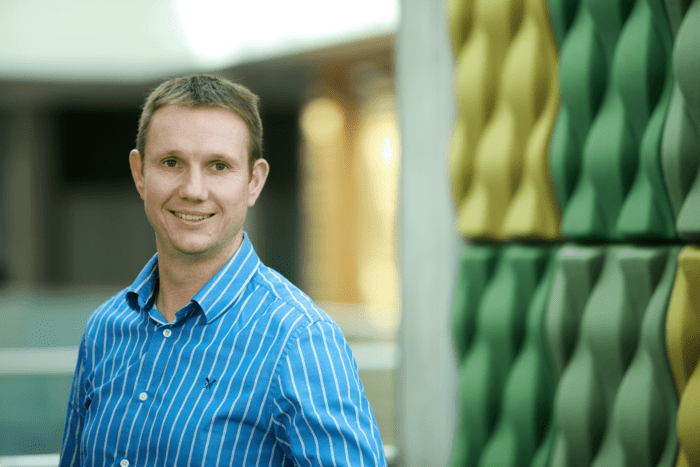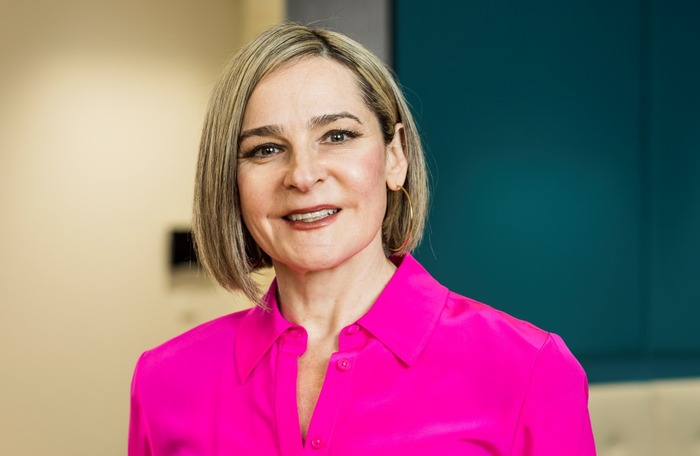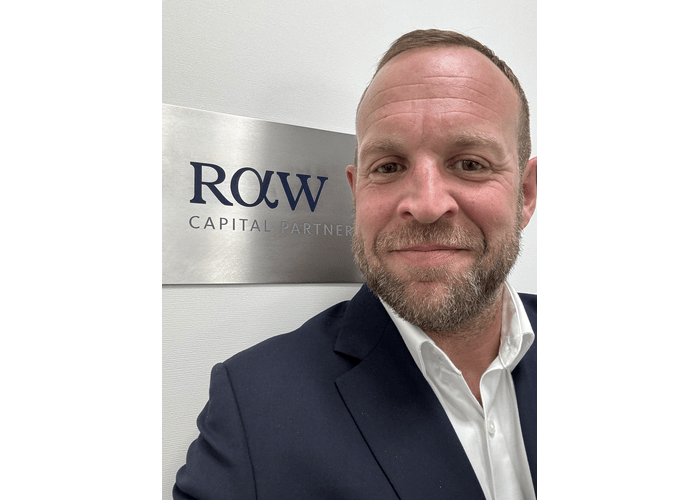Stuart Clark, Managing Director, Russell & Russell
What does your company do?
We are business advisors and chartered accountants and have been in business over 40 years. Our principal services are business and tax advice to owner managed businesses allowing them to grow their businesses and improve their profits and then take home more of what they earn.
What do you do there / what is your role?
Managing director
Where did you get assistance when you started?
When we first discussed succession planning with Ken and Alastair the thought was that the buyout team should raise the funds through extra loans but the idea of taking out a “second mortgages” didn’t fill me with joy and neither of them wanted a lump sum and they still want to be actively involved in the business. We decided that the shareholders should be paid out over a period with the profits generated from the business. This is working well, and the shareholders are content with the arrangement.
Give us a brief history of the growth of the company
Forty or so years ago the firm was formed by Ken and Bert Russell and was a run of the mill accounting practice, but in the late 90’s Ken and Alastair attended the Accountants Boot Camp, which wasn’t running up and down hills, but was a 4 day intensive training session and I think the team thought they had lost their minds when they came back to the office. They were like Billy Graham – they had seen the light.
And so they changed from a firm that met with their clients once a year and churned out statutory accounts that were 9 months out of date to providing bespoke business advice and guidance. Over the years this has developed further and with technologies like Xero we now can assist clients to make their bookkeeping more efficient and get real time information that allows business owners to make proactive decisions.
Have you taken any external funding? If so from who and when?
We took the bounce back loan, as we advised all businesses who had been negatively impacted by COVID to do – it’s incredibly cheap borrowing, no interest for the first 12 months and no early repayment terms. So take it out, ring fence it in a separate account if you don’t think you’ll need it and you can pay it back next year if it all blows over. If this drags on then you may need the £50k but by that time the loan scheme will have closed, so take it now If you can.
So, what does it look like now with regard to staff?
Seventeen staff
What is the difference between when you started and now in your marketplace?
More accountants are coming round to the business advisory and cloud accounting way of thinking, however I still think we are at the thin end of the wedge and it’s just because we are proactive on LinkedIn as are some of these other accountants. There are still plenty of accountants stuck in the dark ages – as we find out when we take on new clients!
What is your target market – Who is buying your product / service?
Mainly business owners. Being an owner can sometimes be a very lonely place – you cannot talk to your team about your issues, you are often flying by the seat of your pants and you’re expected to know everything. Sometimes we are more like therapists and people come in and just unload and talk about their problems which we can then help them to resolve or devise a plan for moving forward. We also know that accountancy is viewed as a “dark art” and so we want to help our clients to understand their key numbers.
What is your background?
I originally qualified as a physiotherapist when I left Uni, but I had chosen the course when I was 16 and had no idea what it involved. I soon realised that it was not what I wanted to do.
My parents are farmers and I found I enjoyed helping prepare the financial books before our family accountant took them away and drew up the accounts. I liked the clarity in accounting – something either reconciled or it did not, whereas in physiotherapy the reasons for a sore back were endless.
When I was at school, I had sustained a couple of rugby injuries and found myself referred to a physiotherapist who helped me back to fitness. I liked the idea of helping people recover from injury and decided to apply for Glasgow Caledonian University’s physiotherapy degree course which, incidentally, had more applicants per space available than the law course. I qualified and had 3 interviews and each time they called me back the only thought in my head was “please don’t tell me I’ve got this job” and I realised I had to do something else. I got into physiotherapy to help people, but most patients would not do their exercises and so would not get better – it was a bit demoralising.
When I had become disillusioned with the practical, day-to-day realities of physiotherapy I decided to apply to for jobs as a trainee accountant.
What are your goals for your business?
For the team to be happy, healthy and to continue to work alongside clients we love and to transform the lives of business owners by assisting them towards business success. We aim to triple our profits over the next five years, but this should be a by-product of getting everything else right.
What are your biggest current challenges?
At the moment it is COVID and the governments lack of support for some small owner managed businesses and the lack of clarity surrounding the support. For example, On 1st November the Job Support Scheme was due to come in but no detailed guidance was published until 7pm on Friday the 30th of October. Less than 24 hours later, after pouring over the documents on a Friday night, it was announced that Job Support Scheme would be deferred for a month and furlough would be reinstated!
What has been the biggest challenge so far?
We give all our clients a guarantee that they do not have to pay for their business advisory services if they do not get value. Our fees should be an investment rather than a cost and we should either help them to grow their business or help them be more tax efficient.
Only one client to date has ever called in this guarantee and it was my client. Whilst they acknowledged that my work had saved them over £25,000 and that they hadn’t done any of the actions that we had set during our quarterly meetings (he had even said how productive they were at the time). They were having cashflow difficulties and so they claimed that they had not had value from our services and so we refunded them £3,500.
It was a tough lesson that underscored how important it is to work only with clients we like and trust and to ensure that our guarantee was worded correctly going forward.
What do you do outside work?
The conventional answer would be to spend time with my wife and children, but as we have a 3-year old and a 5-year old, and I find the best way to relax is to have them looked after so that my wife and I can go out to the cinema without them. I also play five a side football twice a week though I admit I can find it hard to switch-off, which is even harder now with no cinema or football!
What do you know now that you wished you had known earlier?
Learning to say “no” since you cannot please everyone, and your time is precious – something that has become even more apparent since having two children.
What is the secret to good leadership?
The people I always admired as leaders, whether it was at work or playing sport, were those that led by example and weren’t afraid to get their hands dirty every now and then. However I also remember my rugby coach Grant Mackenzie had a great skill of being able to provide clarity of what the end goal was. He was able to express this succinctly to the team so that everything we did was focussed on the goal and to also ensure that we all bought in to the goals we set.
Where do you see the company in five years?
A happy team who are working a normal working week where overtime is the exception rather than the rule and they love working for R&R. I expect we’ll have clients throughout the UK, and potentially team members throughout the UK too now that working remotely is the norm.
How can the Scottish start-up/entrepreneur landscape be improved to help more businesses start up and grow?
My stock answer to this was always – by investing throughout the UK in world class internet connectivity. The potential benefits are enormous; not just flexible working and increased working from home – think of the benefit to air quality and the environment generally from the number of cars that would take off the road – but would also make businesses more efficient. We’ve seen how important this is during lockdown.





